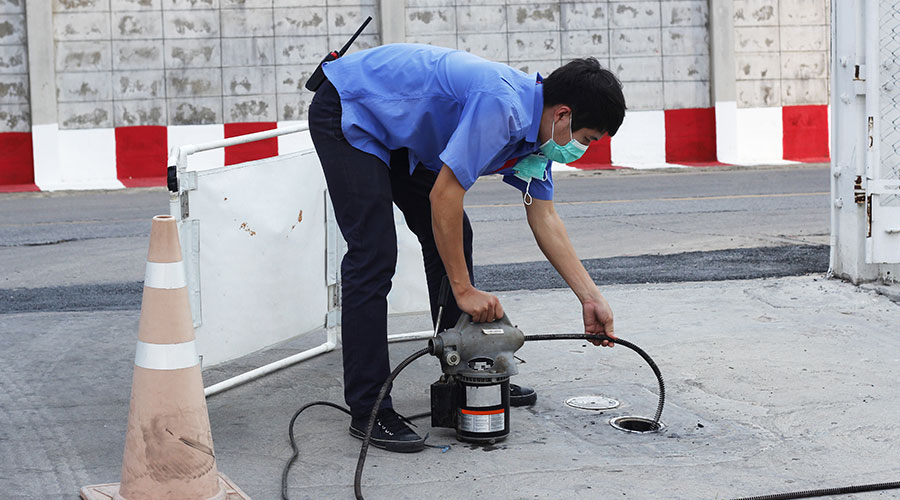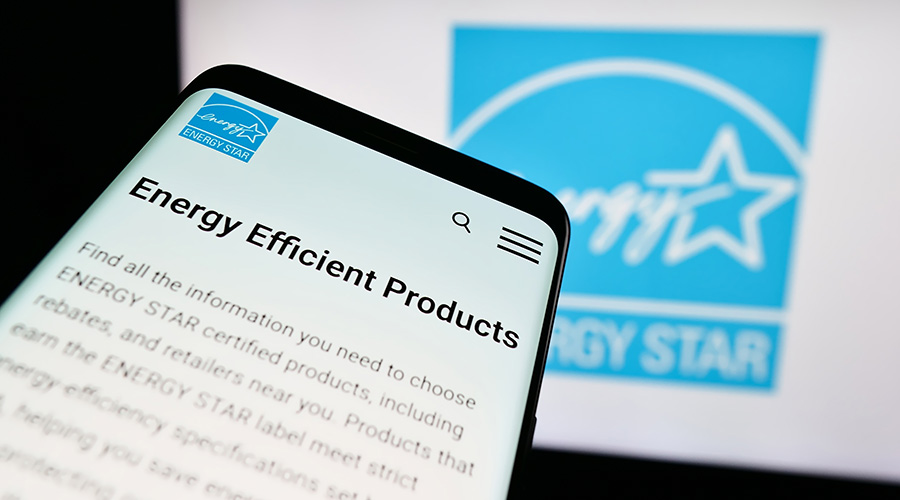Maintenance Bulletin
EPA Targets High-profile Hospital
The campaign by the U.S. Environmental Protection Agency (EPA) to enforce laws in the nation’s health care facilities has has come to a high-profile institution — and brought with it a hefty fine.
In January, the EPA announced it had cited the renowned Memorial Sloan-Kettering Cancer Center in New York City for “violating numerous hazardous waste management requirements.” The agency is seeking full compliance from Memorial Sloan-Kettering and seeking $214,420 in penalties.
The EPA discovered the alleged violations of the Resource Conservation and Recover Act during a March 2003 inspection. They include:
- improper storage and disposal of chemotherapy and dental solid wastes
- a general failure to determine whether they were hazardous wastes.
The EPA launched its Hospital and Healthcare Initiative in 2002 to raise compliance in these facilities as part of a larger EPA voluntary audit polity. Many hospitals and health care facilities were not aware of their responsibilities under various environmental laws or had not implemented effective compliance strategies.
To launch the initiative the EPA sent letters to more 480 facilities, mostly in Region 2, which includes New York and New Jersey. To date, 14 health care organizations have entered voluntary self-audit disclosure agreements with the EPA. They include:
- Bronx-Lebanon Hospital Center
- New York Presbyterian Hospital, the largest hospital in New York City with 2,300 beds
- the 705-bed Maimonedes Medical Center, the third largest teaching hospital in the United States.
Recycling Recap: Batteries and electronics
Battery recycling surged in 2003, one of a series of developments that signal continuing interest in environmentally friendly practices within institutional and commercial facilities.
The Rechargeable Battery Recycling Corp. (RBRC) says it collected more than 4 million pounds of batteries in the United States and Canada in 2003, an increase of 22 percent from 2002. The non-profit RBRC works with national retailers, businesses and community recycling programs to set up convenient drop-off facilities for used rechargeable batteries.
The batteries power a growing list of products, including cordless power tools, laptop computers, cellular and cordless phones, and portable DVD and CD players.
Since 1995, the RBRC has recycled more than 21.9 million pounds of rechargeable batteries.
The recycling of electronic and computer components also is becoming a higher priority in many facilities, especially in California.
Last fall, the state of California enacted the nation’s first electronic waste recycling law. Under the program, consumers will be able to recycle obsolete computers and televisions that contain lead and other toxic heavy metals. Retailers and manufacturers would finance the program through a fee on every covered electronic device sold. Fee levels would be based on the actual cost of recycling. Fees starting July 1, 2004, would be $6-10 per device.
Finally, private companies are betting consumers will welcome help recycling unwanted electronics. IBM, for example, recently announced an expanded offering called asset recovery solutions. The company will buy unwanted electronics, dispose of them properly and overwrite any data the devices contain.
Related Topics:










